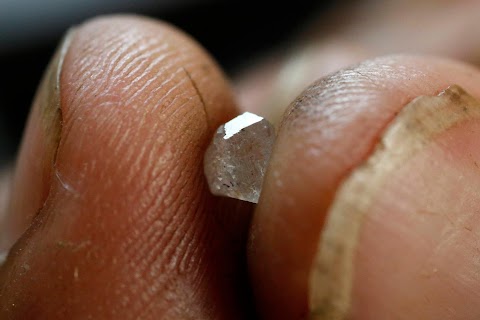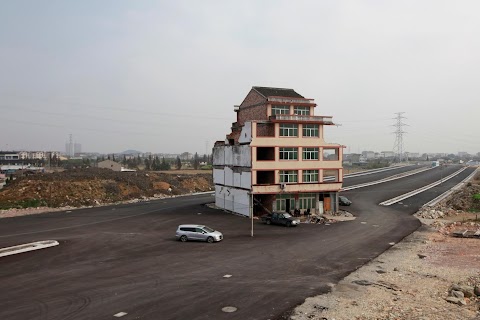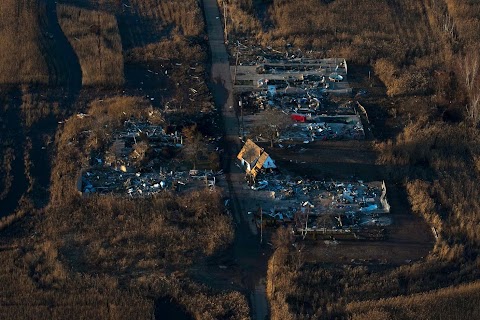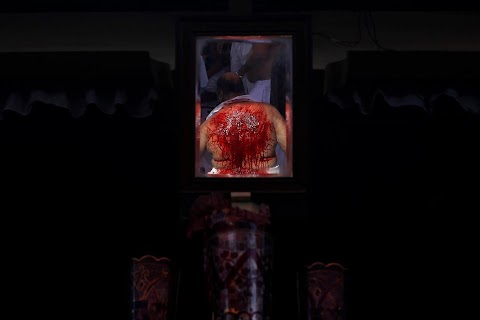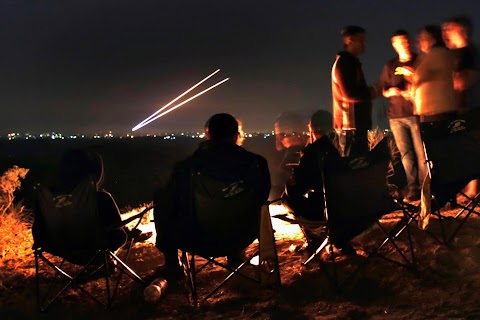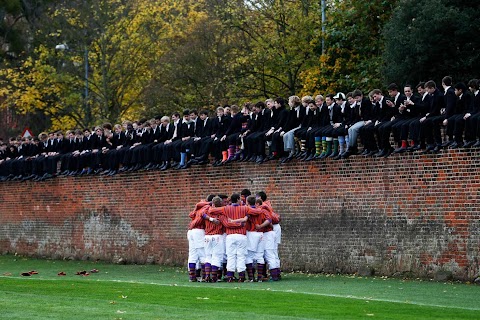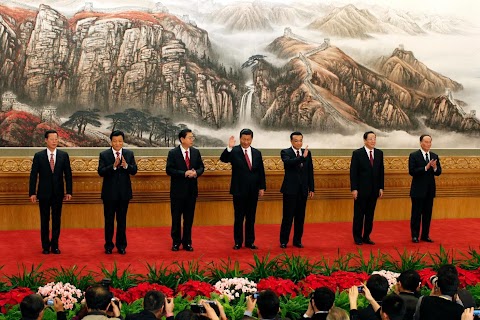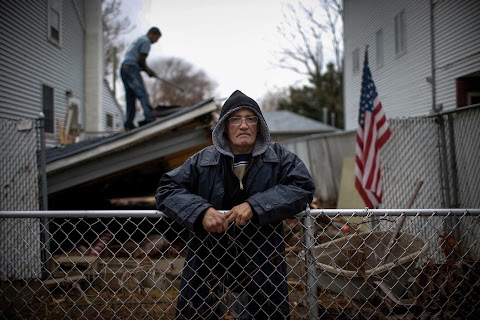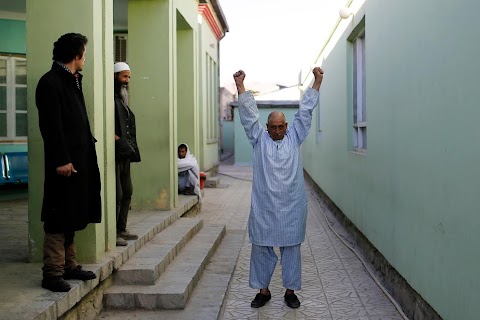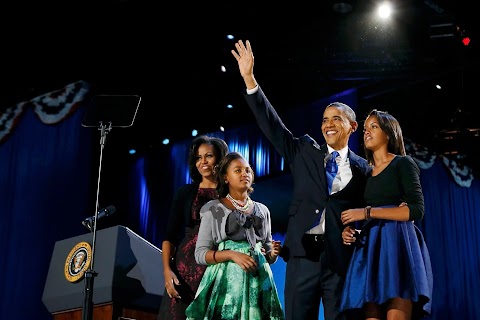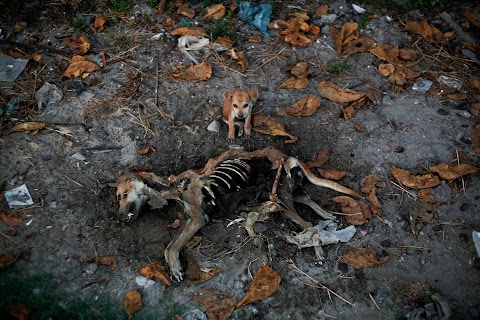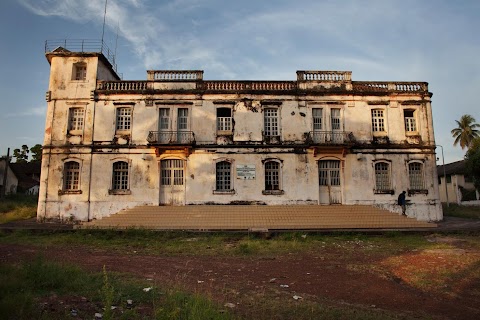
Circumcision rites in Israel
For thousands of years the act of circumcision has been a key part of the Jewish religion, symbolising a biblical covenant with God.
Now in Israel there is a small but increasing minority of parents turning away from the practice, but still the vast majority of baby boys – like the infant pictured here – undergo the surgery to remove their foreskins.

Story
In Israel, some rebel against circumcision
Circumcision is one of Judaism's most important laws and for generations of faithful it has symbolised a biblical covenant with God.
But in Israel, more and more Jewish parents are saying no to the blade.
"It's such a taboo in Israel and in Judaism," said Gali, nursing her six-week-old son, about the decision not to have him circumcised.
"It's like coming out of the closet," she said, asking to be identified by her first name only because she had not told her relatives yet.
Nearly all baby boys in Israel are circumcised. Be their parents ultra-Orthodox or totally secular Jews, it is by far the most common choice. Most Israeli-Arabs also keep with a practice that is widespread in the Muslim world.
Jewish circumcisions are done when the baby is eight days old. The majority are performed by a mohel, a religious man trained in the procedure carried out in a festive religious ceremony called a "brit", Hebrew for covenant.
But an increasing minority fear it is a form of physical abuse.
"It's the same as if someone would tell me 'it's our culture to cut off a finger when he is born'," said Rakefet Kaufman, who also did not have her son circumcised.
"People should see it as abuse because it is done to a baby without asking him," she said.
When Gali learnt she was carrying a baby boy it was obvious to her that he would be circumcised. But she started to think again after a conversation with a friend whose son was uncircumcised.
"She asked me what my reason was for doing it, was it religious? I said no. Was it for health reasons? No. Social? No. Then it began to sink in. I began to read more about it, enter Internet forums, I began to realise that I cannot do it."
PHENOMENON GROWING
"The phenomenon is growing, I have no doubt," said Ronit Tamir, who founded a support group for families who have chosen not to circumcise their sons.
"When we started the group 12 years ago we had to work hard to find 40 families ... They were keeping it secret and we had to promise them we'd keep it secret," she said. "Then, we'd get one or two phone calls a month. Nowadays I get dozens of emails and phone calls a month, hundreds a year."
Tamir believes Jews in today's Israel find it easier to break religious taboos.
"People are asking themselves what it means to be Jewish these days," she said, and that leads some to question rules of all kinds, including circumcision.
In societies around the world who circumcise boys for non-religious reasons, out of habit or tradition or because of the perceived health benefits, the practice can be controversial.
Rates of circumcision in Europe are well under 20 percent, while in the United States, according to 2010 statistics cited by the Center for Disease Control (CDC), more than half of newborn boys continue to be circumcised.
The American Academy of Paediatrics said in August that the health benefits of infant circumcision - potentially avoiding infection, cancer and sexually-transmitted diseases - outweighed the risks, but said parents should make the final call.
But where the decision is ultimately a matter of personal choice for many families around the world, for Jews who question the tradition, it is more complicated.
"It is the covenant between us and God - a sign that one cannot deny and that Jews have kept even in times of persecution," said one well-known mohel who has been performing circumcisions in Israel for more than 30 years. He asked not to be named to avoid being connected to any controversy.
He pointed to the Book of Genesis, where God said to Abraham: "And you shall circumcise the flesh of your foreskins; and it shall be a sign of the covenant between me and you."
It is this covenant that, the mohel said, that "keeps the people of Israel together".
The Bible goes on: "And the uncircumcised male child whose flesh of his foreskin is not circumcised, that soul shall be cut off from his people; he has broken my covenant."
Scholars have differed over the years what this means in practice.
Tamir is unswayed by the ancient verses.
"This edict is painful, irreversible and maims," she said. The Internet was helping to spread the word, she said, allowing parents to find information about circumcision and seek advice anonymously.









